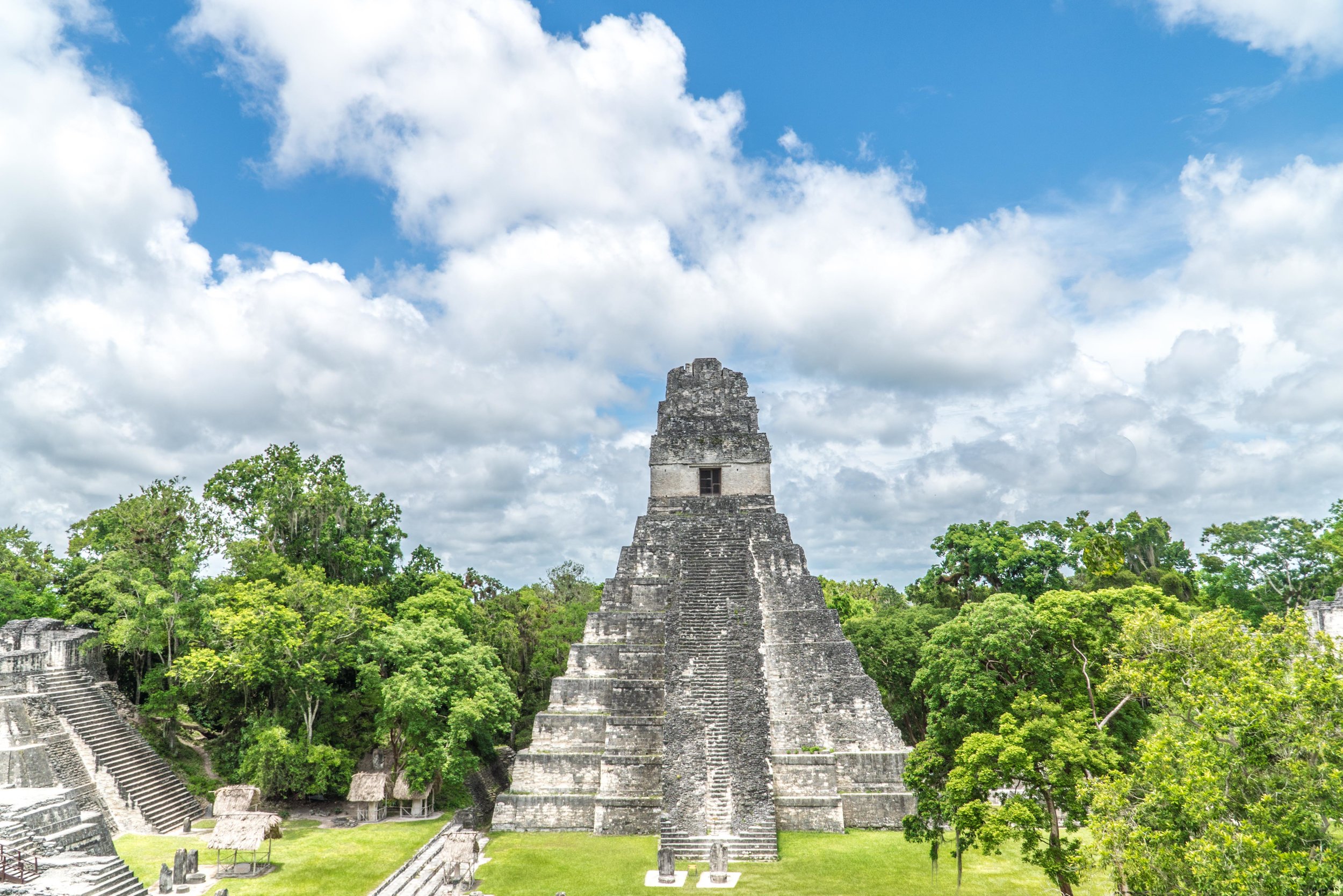Lost and Found: Travel Lessons from Intentionally Getting Lost
"Brenner," the bus driver quickly blurted out to me, grabbing my bags and throwing them on the bus before I even had time to decide if this was really what I wanted to do, while also wondering if "Brenner" was in fact the name of a town, or just a German saying I was unfamiliar with. "Brenner?" I quizzically responded, as if saying it with a hint of skepticism would break down the language barrier and explain where I was actually going (it didn't). "Yes, go to Brenner, so now get on bus," he responded in broken English, grabbing me by the forearm and whisking me onto the bus.
I paused, peering over my shoulder to the city of Innsbruck, Austria, my intended destination and where accommodations awaited me for the week. "Brenner," I heard behind me, as the bus driver pushed me on up the steps of the bus and I found my way to the only remaining seat, located at the back of the bus, as we got started to a place called Brenner, which for all knew, could have been a shanty town thousands of miles across Europe.
I often wonder if we don't travel out of a desire of escapism; as if traveling will "heal" us or resolve our problems. It's as if for many people, travel is a drug, while for others, it's like the "lost and found." When I hear people say "I wish I could travel the world," that statement is often followed by, "....and then I wouldn't have to ___________." The picture of travel is often painted as one of enlightenment or paradise, reserved for a select few, often those who are wealthy. I'll be the first to tell you that I've often painted a picture of travel that could be somewhat skewed, since it's often the pleasant surprises, joys, and rewards of travel that I share, often reserving complaints and misfortunes for a more private forum, since even my worse day of travel is better than many people's best day.
Just a few hours after getting on the bus for Brenner, I'm sitting outside of my hotel, which is more like a villa, comparable to America's bed and breakfasts, eating a dish of pasta carbonara and drinking a glass of Italian red wine, just miles from the Italy/Austria border in the small town of Brenner, Austria. Behind me, an Italian family enjoys dinner, breaking out into laughter frequently during their meal, while every few minutes the owner comes out to make sure I have enough food and wine. The town, which can be walked across in 10 minutes, is home to a wine merchant, a small mall, a corner food cart grilling and selling sausages, and my hotel, which I am the only guest at, paying just $50 for accommodations and one of the best meals I've ever had. 25 years of travel and this is one of the most memorable, blissful travel moments I've had, all because I threw a wrench in the spokes, and purposefully decided to get lost. Who knew that just hours and days prior had been some of my most challenging travel experiences to date, marked by blunder after blunder.
I'm not one who prescribes to a type of travel that heals or solves problems. Does travel often do these things? Absolutely! But I think to say that travel brings healing, solutions, or discoveries, implies that this is the principle, when in fact, there have been trips that have left much to be desired. I like how John Steinbeck compared travel to a marriage. When I talked to my married friends, rather than talk about it in a utopian way, they often talk about it like it's an investment and one they have to put work in, yet one that never ceases to give, teach, and satisfy. This is often how I feel about my relationship with travel.
I went to the woods because I wished to live deliberately, to front only the essential facts of life, and see if I could not learn what it had to teach, and not, when I came to die, discover that I had not lived. I did not wish to live what was not life, living is so dear; nor did I wish to practise resignation, unless it was quite necessary. I wanted to live deep and suck out all the marrow of life, to live so sturdily and Spartan-like as to put to rout all that was not life, to cut a broad swath and shave close, to drive life into a corner, and reduce it to its lowest terms. - Henry David Thoreau
I've read a couple different travel memoirs recently about people who took some significant trips during what were low periods of their life - what some people may say was an escapism type of travel. The first, Wild, is the story of Cheryl Strayed, who hiked the Pacific Crest Trail (over 1,000 miles of it), following the passing of her mom and her divorce. The second, Honeymoon with my Brother, is the story of Franz Wisner, who after getting dumped at the altar, decided to go ahead with his honeymoon, except he does so with his brother, and they continue to travel long-term for two years. What I find with both of these stories, and even my own story, is that they didn't necessarily go out to rediscover themselves or to be healed, but had rather reached an impasse in life. So they threw a wrench in the spokes. And what resulted was an acceleration of the classroom of life, where challenges were met, world views were shattered, and exponential growth occurred, which likely wouldn't have happened without that season of travel.
The thing about hiking the Pacific Crest Trail, the thing that was so profound to me that summer—and yet also, like most things, so very simple—was how few choices I had and how often I had to do the thing I least wanted to do. How there was no escape or denial. No numbing it down with a martini or covering it up with a roll in the hay. As I clung to the chaparral that day, attempting to patch up my bleeding finger, terrified by every sound that the bull was coming back, I considered my options. There were only two and they were essentially the same. I could go back in the direction I had come from, or I could go forward in the direction I intended to go. - Cheryl Strayed
Here's the thing. Some days, weeks, and months, downright suck. Listen, I've been there. I've been in debt. I've been divorced. I've lost both my parents. But here's what I've learned, I cannot change the past, but I can influence my future by living my life forward, taking the cards I've been dealt, and playing the best damn hand I can. The way I do that is by throwing a wrench in the spokes when life calls for it. Sometimes it's traveling for a year, sometimes it's moving to a new city, sometimes it's doing a timed bucket list (my 30 at 30 list), and sometimes it's purposefully getting lost by getting on a bus to an undetermined destination. Only you know what you respond best to. And if you don't, then it's time to start taking some risks.
The underdog doesn't always win the game, life doesn't always go as planned, and the nice guy doesn't always get the girl, but sometimes the underdog makes the shot, life comes pretty close to measuring up, and the nice guy gets the girl. Go get lost. And while you may not find what you're looking for, you may just find what you need.
What lessons have you learned from a "lost" travel moment?













